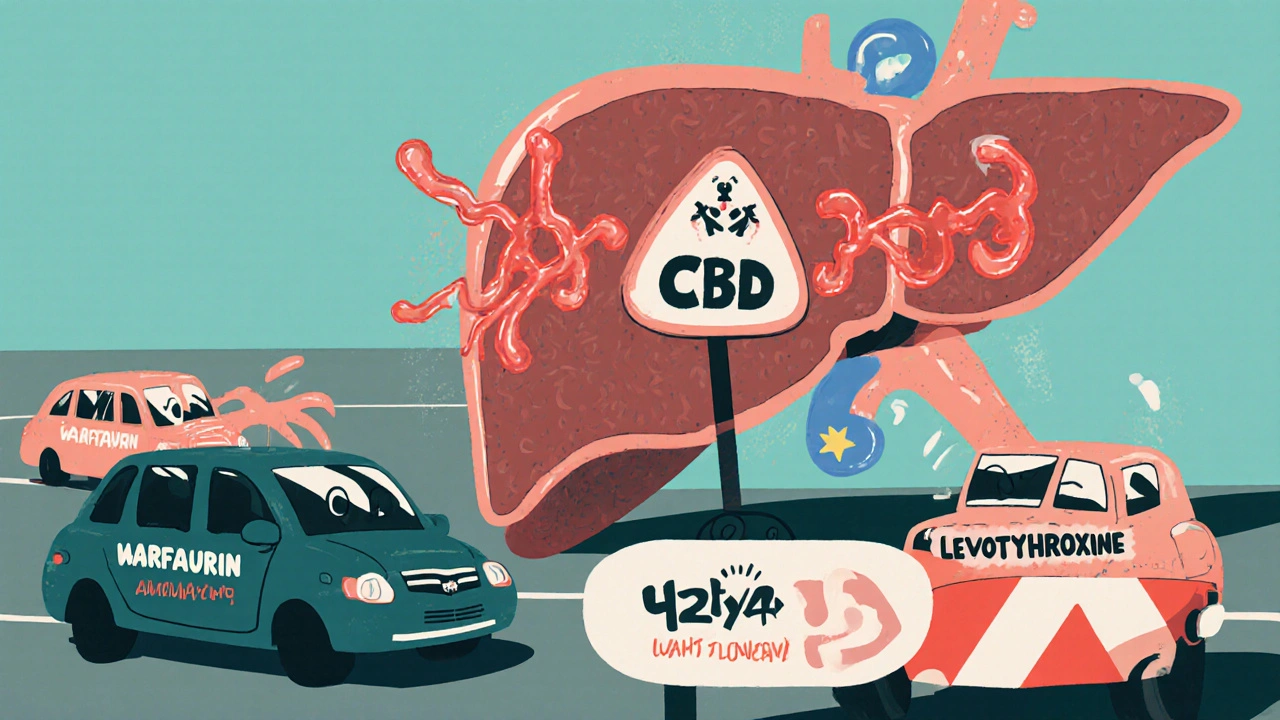CYP450 Enzymes: How They Affect Your Medications and Why It Matters
When you take a pill, your body doesn’t just absorb it and call it a day. It breaks it down—mostly using a group of proteins called CYP450 enzymes, a family of liver proteins responsible for metabolizing most drugs and toxins. Also known as cytochrome P450 enzymes, these proteins are the reason some medications work better for you than for someone else, and why mixing certain drugs can be dangerous.
These enzymes don’t work in isolation. They’re part of a system that decides whether a drug gets activated, deactivated, or turned into something your body can flush out. About 75% of all prescription drugs rely on CYP450 enzymes, especially CYP3A4, CYP2D6, and CYP2C9. If you’re on blood thinners, antidepressants, or even common painkillers, your body is using these enzymes right now. But here’s the catch: your genes, diet, other meds, and even smoking can change how fast or slow they work. That’s why two people taking the same dose of a drug can have totally different results—one gets relief, the other gets sick.
This isn’t just theory. It’s why some people have bad reactions to statins, why grapefruit can make your blood pressure med dangerous, and why your doctor might switch you from one antidepressant to another without changing the dose. The same enzymes that break down your medication can be blocked or boosted by other substances. For example, a common antibiotic can slow down CYP3A4, causing your cholesterol drug to build up to toxic levels. On the flip side, St. John’s wort can speed up the same enzyme, making your birth control less effective. These aren’t rare edge cases—they happen every day, often without anyone noticing.
What you’ll find below is a collection of real-world stories and science-backed explanations about how drugs interact with your body’s chemistry. From nitrosamine contamination in generics to how GLP-1 agonists affect your pancreas, every post ties back to one truth: your body processes meds in ways most people never think about. Whether you’re managing chronic pain, heart disease, or mental health, understanding CYP450 enzymes helps you ask better questions, avoid dangerous mix-ups, and get the most out of your treatment.
CBD Products and Prescription Medications: What You Need to Know About Dangerous Interactions
CBD can dangerously interact with prescription medications by affecting liver enzymes that process drugs. Learn which meds are risky, how to spot danger signs like grapefruit warnings, and what steps to take before using CBD.
More
